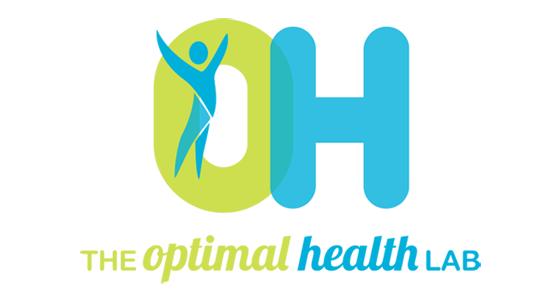December 09, 2022
Osteoporosis is a degenerative disease that results in reduced bone density and weakness. This means that our bones can fracture easily, due to bone loss outpacing bone regrowth throughout our lifespan.
There are many risk factors for this disease that can range from genetics, dietary intolerance, lack of appropriate diet, prolonged steroid medication use, and lack of activity, as well as many other factors. Exercise is considered a vital treatment for the improvement, maintenance, and prevention of the onset of bone density loss, alongside dietary intervention and, in some cases, medical interventions.
So, how can we reduce our risk of developing brittle bones?
Exercise for osteoporosis is an extremely effective intervention, as it continues to load the bones as we get older! When the bones experience loading, the body signals for them to form new bone, which can help to maintain not only the bones we already have, but also possibly stimulate extra bone formation. This can happen in two main ways, one of which is when you work your muscles hard, they pull on the bones through your tendons and provide a strong response for bone growth. Alongside this, when you are doing weight-bearing exercises with impact, the force of the ground into your bones provides further stimulation to the bone and promotes healthy bone density!
For these reasons, we can better understand that exercise for improving and maintaining bone health needs to be somewhat difficult to work those muscles hard. This can be achieved through either lifting heavy weights, and/or incorporating impact activities if this is suitable for you. It is important to remember that a new exercise lifestyle doesn’t have to start very hard if you have been previously inactive. You can start light and with the guidance of one of our highly experienced Physiotherapists, you can progress safely to a challenging level that puts enough stress on your bones to increase their health and density.
Alongside exercise intervention, it can also be important to discuss your current dietary needs with a dietitian, as well as discuss with your GP the way current medications can be managed, and if osteoporosis-specific medication is required in your case. Our dietitian Emily can meet with you to discuss any questions or concerns you may have, and make a suitable and personalised plan to get your bones healthy and strong!




